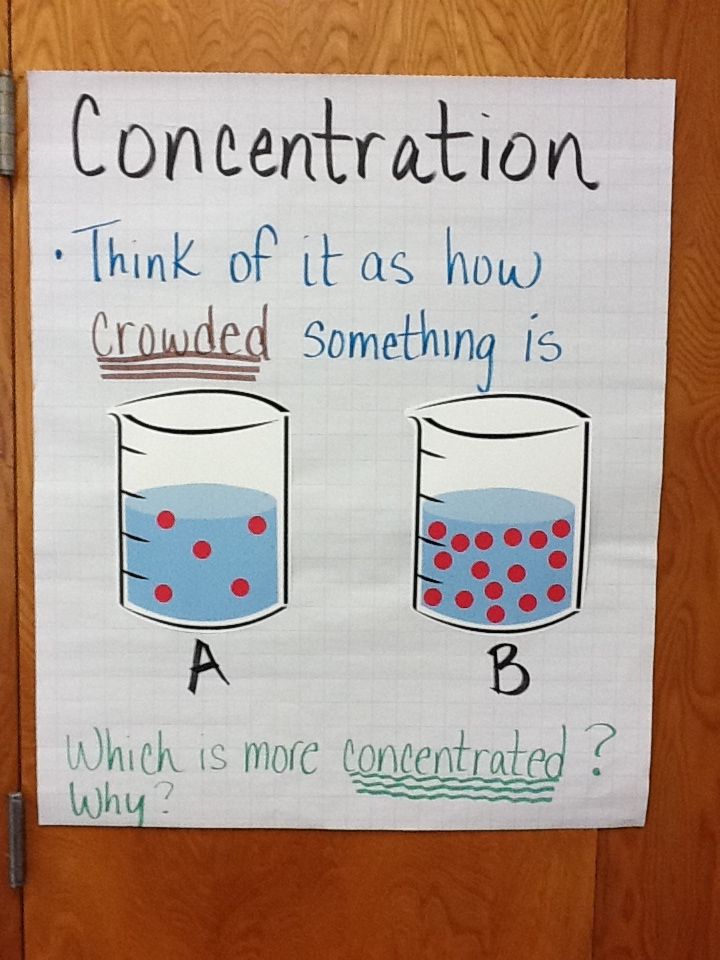Why Flexibility Is Vital for Your Career Success in a Changing World
Introduction: Navigating an Evolving Career Landscape
In today’s rapidly changing professional world, the ability to remain
flexible with your career plans
is more important than ever. Career paths are no longer linear; economic shifts, technological advances, and evolving industries demand adaptability at every stage of life. Whether you are just starting out, considering a transition, or seeking growth in your current field, embracing flexibility can unlock opportunities, reduce stress, and position you for long-term success.
[1]

Source: projectriskcoach.com
The Benefits of Keeping Your Career Plans Flexible
1. Enhanced Work-Life Balance and Well-being
Flexible career planning empowers you to make choices that support both your professional goals and personal needs. With a flexible approach, you can better manage responsibilities such as family care, health, and personal interests. Research shows that employees with flexible work options report higher satisfaction and lower stress levels, which can lead to a healthier lifestyle and greater job fulfillment.
[1]
For example, if you are a parent or caregiver, flexible hours or alternative career routes may allow you to maintain employment without sacrificing well-being.
2. Increased Job Satisfaction and Engagement
When you maintain flexibility in your career, you are more likely to feel engaged and satisfied with your work. Having the autonomy to adapt your role, projects, or even your industry keeps you invested and motivated. According to a recent study, workers with flexible arrangements experienced up to a 62% increase in job satisfaction, underscoring the importance of adaptability in today’s workplace.
[5]
3. Seizing New Opportunities and Responding to Change
The job market is constantly evolving. New industries emerge, technology advances, and economic conditions fluctuate. By keeping your career plans flexible, you can pivot quickly to take advantage of fresh opportunities or adjust to industry disruptions. For instance, someone who is open to reskilling or exploring new sectors is far more likely to find employment during times of economic uncertainty.
[5]
4. Building Resilience in Uncertain Times
Flexibility fosters resilience, which is essential for navigating setbacks or unexpected changes. If a particular job or industry faces disruption-such as layoffs, automation, or global events-being open to alternative paths or roles helps you recover more quickly and continue progressing toward your goals. Many professionals who have embraced flexible planning have found new career satisfaction after making unexpected shifts, such as moving into remote work or pursuing freelance opportunities during economic downturns.
[3]
How to Keep Your Career Plans Flexible: Step-by-Step Guidance
1. Regularly Reassess Your Skills and Interests
Make it a habit to periodically evaluate your strengths, interests, and industry trends. This helps you identify areas where you may need to upskill or pivot. Use resources like career assessments, feedback from peers, and industry reports to stay informed about where demand is growing. You can search for free career assessment tools or consult with a career advisor at your local workforce development center for tailored advice.
2. Expand Your Professional Network
Networking is crucial for learning about new opportunities and staying aware of industry changes. Attend professional events, join online groups relevant to your field, and reach out to contacts for informational interviews. If you are unsure where to start, consider searching for local networking events through professional associations or your field’s official trade organizations.
3. Pursue Continuous Learning and Development
Stay competitive by seeking out new learning opportunities. Many organizations and community colleges offer courses on emerging skills. For example, you might explore online learning platforms or search “community college continuing education” with your location to find programs that align with your interests. Upskilling not only makes you more adaptable but also increases your value to current and future employers.

Source: pixabay.com
4. Set Short- and Long-Term Goals-But Review Them Regularly
While it’s important to have goals, remain open to adjusting them as your interests or circumstances change. Review your career objectives at least annually, and be willing to revise your plans in response to personal growth or shifts in the job market. You might use a journal or digital planner to track your progress and reassess priorities.
5. Stay Informed About Industry Trends
Keeping up with developments in your field helps you anticipate change and respond proactively. Subscribe to reputable industry newsletters, follow leading organizations on social media, and read reports from established sources. If you are in a regulated industry, visit your profession’s official governing board or association website for updates.
Real-World Examples of Flexible Career Planning
Consider the story of an IT professional who, noticing the rise of cybersecurity threats, decided to earn a cybersecurity certification. When her previous employer downsized, she quickly secured a new role at a digital security firm, thanks to her willingness to adapt her skills. Similarly, many workers during the pandemic successfully transitioned to remote roles or launched side businesses by remaining open to change.
[4]
Potential Challenges and How to Overcome Them
Adopting a flexible approach isn’t always easy. You may face uncertainty, fear of change, or difficulty identifying new opportunities. To manage these challenges:
- Embrace a growth mindset: View setbacks as learning opportunities rather than failures.
- Seek support: Reach out to mentors, career coaches, or support groups for guidance and encouragement.
- Research thoroughly: Before making a significant shift, gather information about the new path you are considering. Use official resources, such as government labor statistics or established career advice websites, to ensure you have accurate data.
If you are considering a career change or want professional guidance, you can contact your state’s workforce development agency, which often provides free career counseling and job placement services. Search for “[your state] workforce development” to locate the official website and contact information.
Alternative Approaches to Building Flexibility
If you are not ready to make major career changes, you can still build flexibility by:
- Exploring part-time or freelance work alongside your main job
- Negotiating flexible work arrangements, such as remote or hybrid schedules
- Volunteering for new projects to expand your skill set within your current organization
If your employer offers a flexible benefits plan, take advantage of it to customize your work experience and support your evolving needs. For more information about employee benefits, visit your company’s human resources portal or speak with your HR manager directly.
[2]
Key Takeaways
Keeping your career plans flexible is not just a smart strategy-it’s essential for thriving in an unpredictable world. Flexibility enables you to adapt to change, seize new opportunities, and maintain balance between your work and personal life. By staying informed, proactive, and open-minded, you can build a resilient career that supports your goals and well-being at any stage of life.
References
- [1] Indeed.com (2025). 12 Benefits of Flex Working.
- [2] Forma (2025). Flexible benefits plans: what are they and how do they work?
- [3] PlanSource (2024). The Benefits of Offering Flexible Work Arrangements.
- [4] Deskbird (2024). Importance of Flexibility in the Workplace: 9 Impactful Benefits.
- [5] 4 Corner Resources (2024). The Importance of Flexibility in the Workplace.



